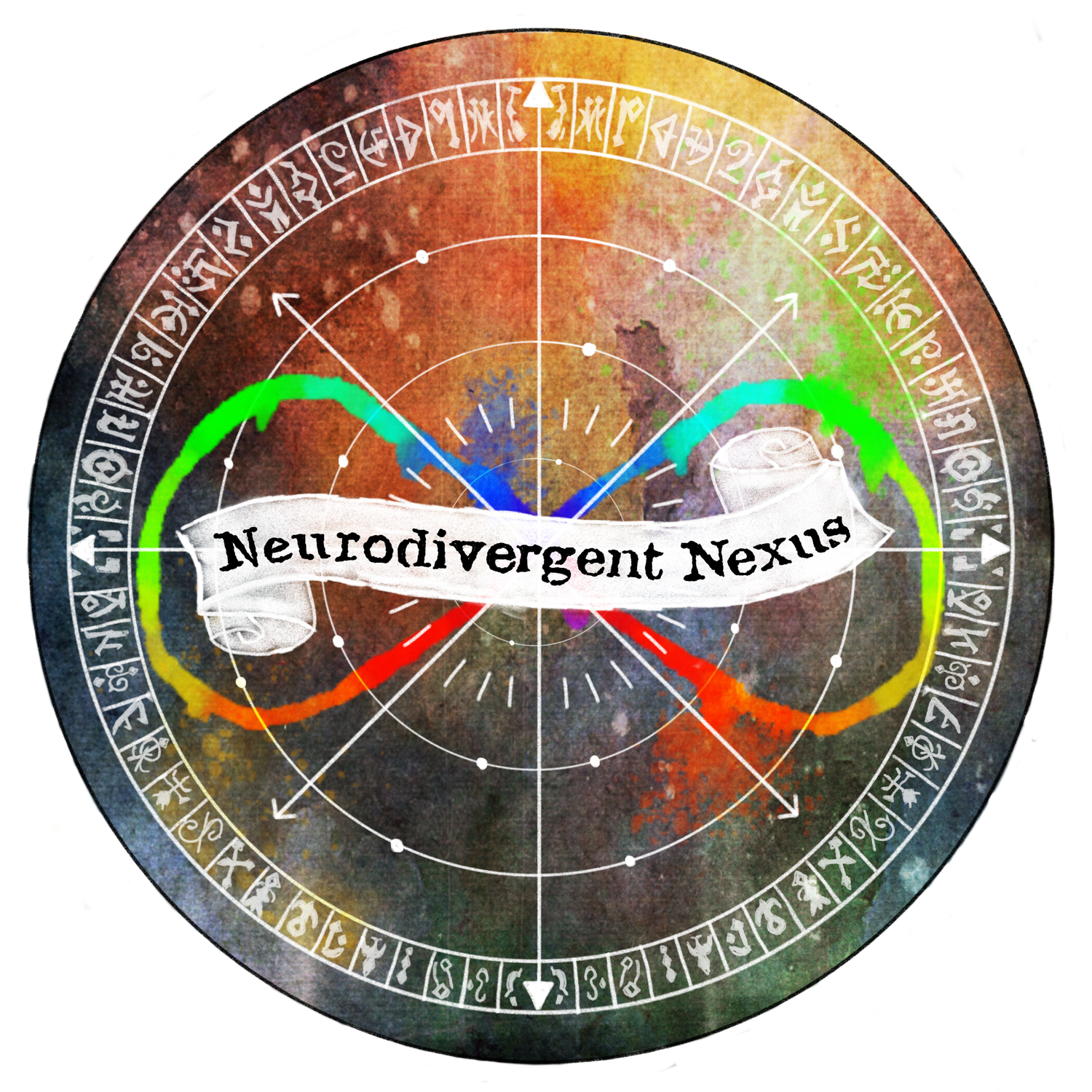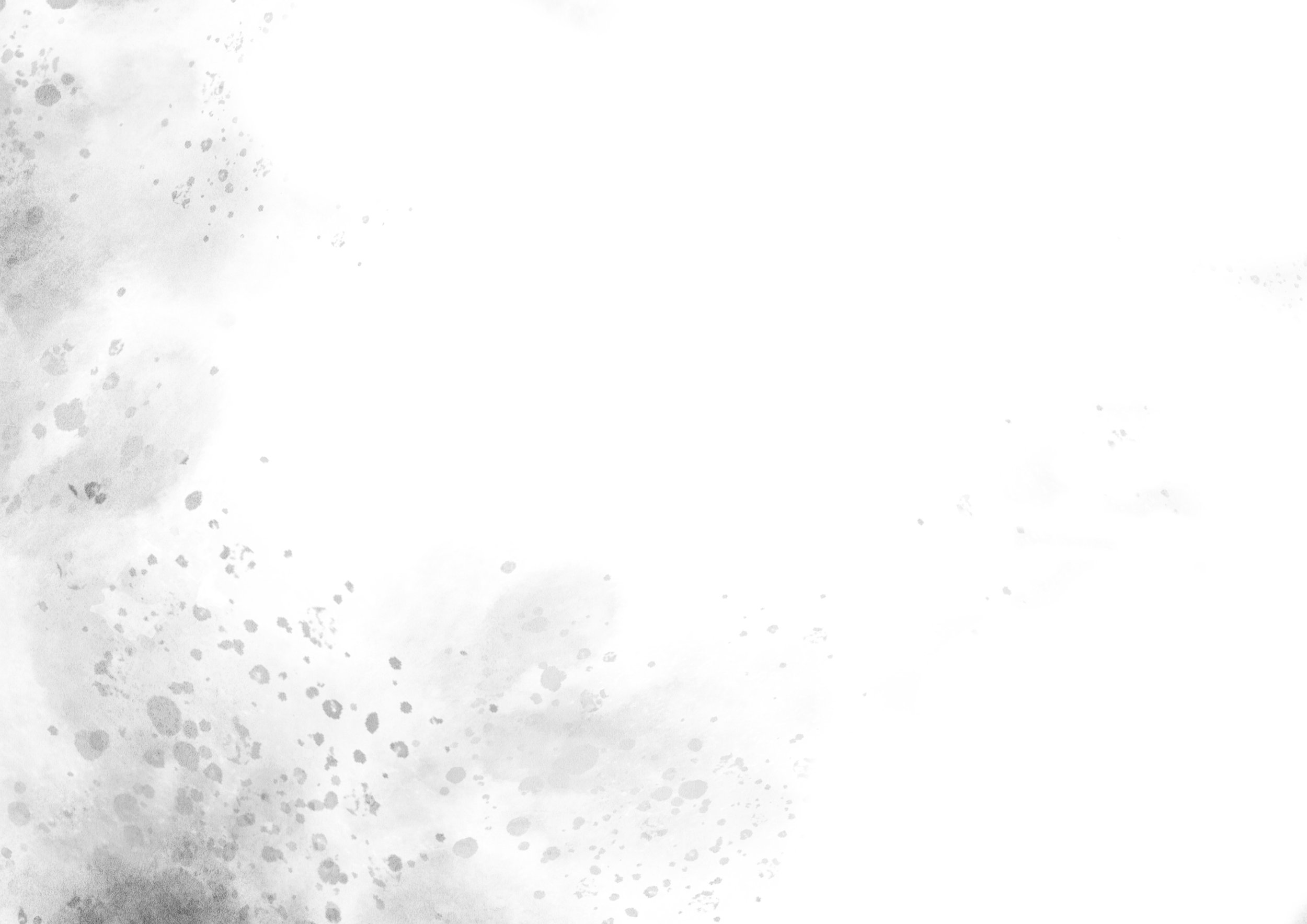
Dedication
To the brave disabled advocates who fought and created a platform for disability justice to infiltrate occupational therapy and health sciences — this work is for you.
Within an endless spring of gratitude, thank you. The future is disabled, and my goodness, it is beautiful.
Let us take this home.
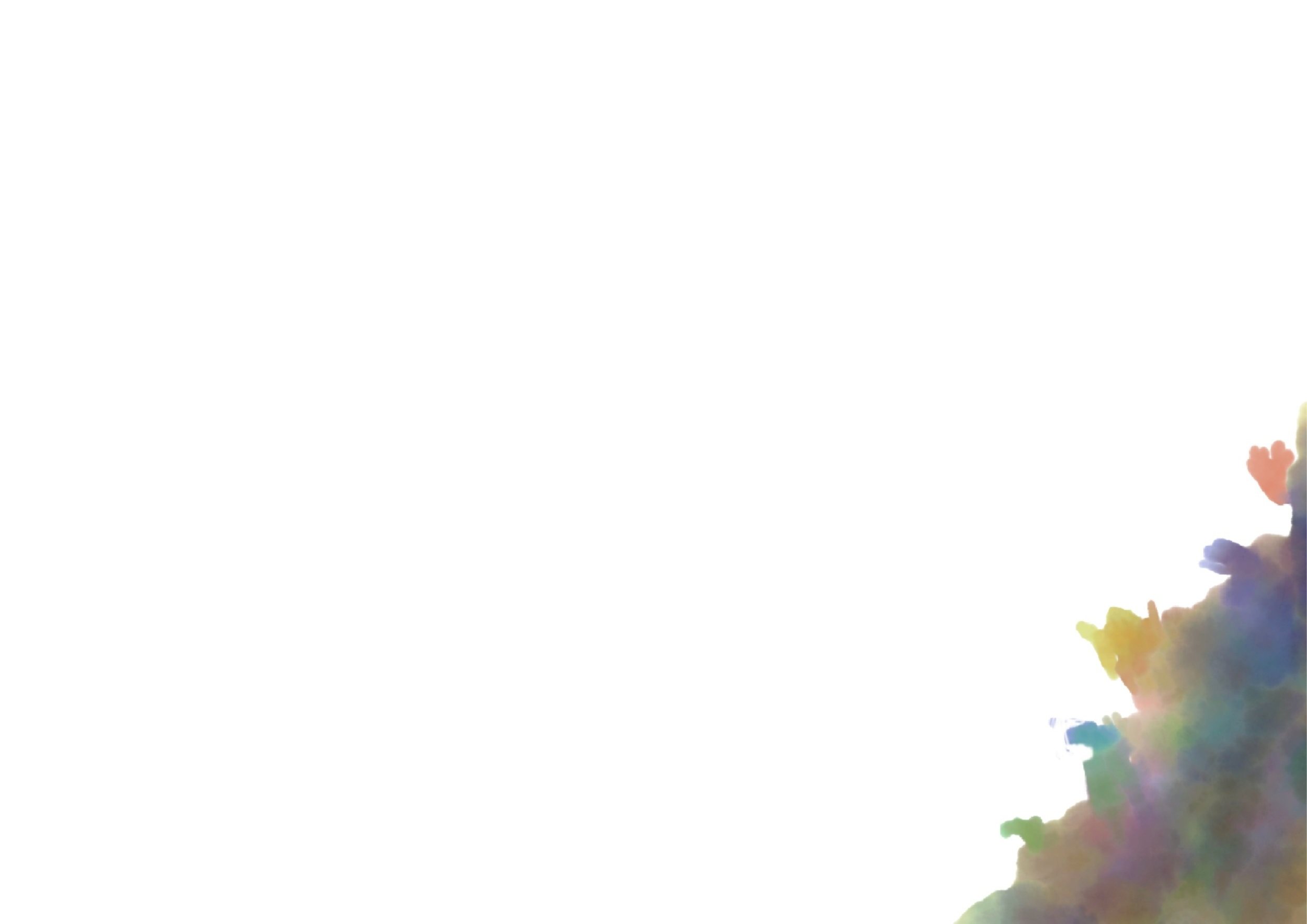
My Interview with WPS: How to Create a More Neurodiversity-Affirming Evaluation
I was interviewed by WPS - Western Psychological Services, one of the leading publishers of psychological and educational assessments in the US. WPS came across some of my neurodiversity-affirming work surrounding inclusive evaluations. I was interviewed, and we had a candid conversation about how WPS and healthcare providers can utilize more equitable evaluation practices. If you are interested, to learn more, click the button below!

More Resources!
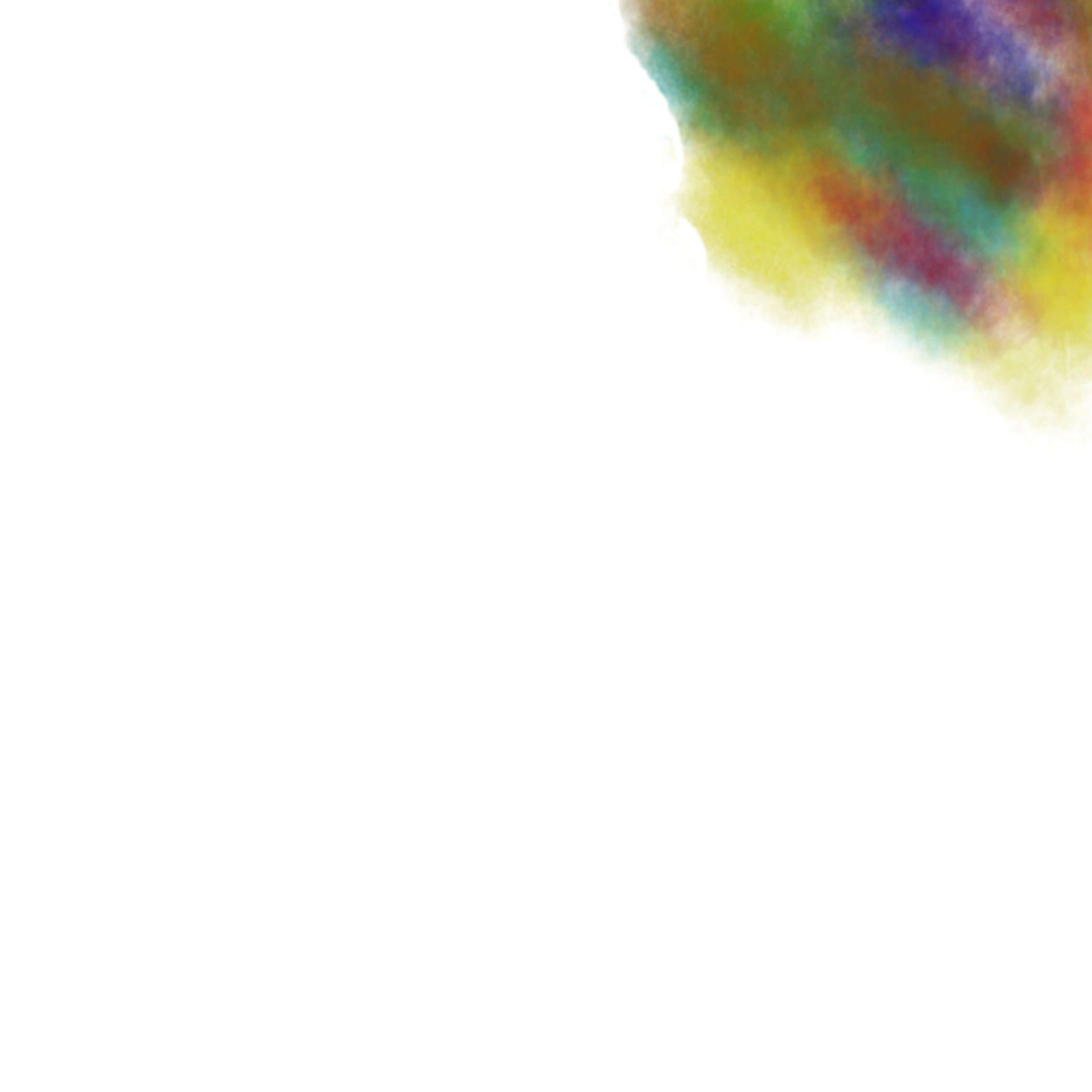
Origin and Future of Neurodivergent Nexus
Nexus - Latin for “a connection” or “series of connections”; also a term used within many of my favorite video games, one of my favorite occupations.
Neurodivergent Nexus is a concept born from my doctoral project, a knowledge translation tool to support neurodiversity-affirming practices by occupational therapy practitioners (OTPs). Neurodivergent Nexus will be a connecting hub for fantastic resources. If you would like a (very) rough idea of what those resources will be, please explore my doctoral project manuscript. Some goals/hopes/dreams for Neurodivergent Nexus are (but not limited to):
Begin to morph aspects of my doctoral project into online components (e.g., visualization of treatment strategies, the EMPOWER model, etc.)
Evolve Neurodivergent Nexus into a non-profit and collaborate with a board of directors to expand the program, and turn this project into community-based resource development (if you would be interested in being on the board, please let me know!).
Expand the program into other disciplines, such as physical therapy, speech therapy, psychology, and education.
If you would like to receive updates on components added to the website, please subscribe at the bottom of this page!
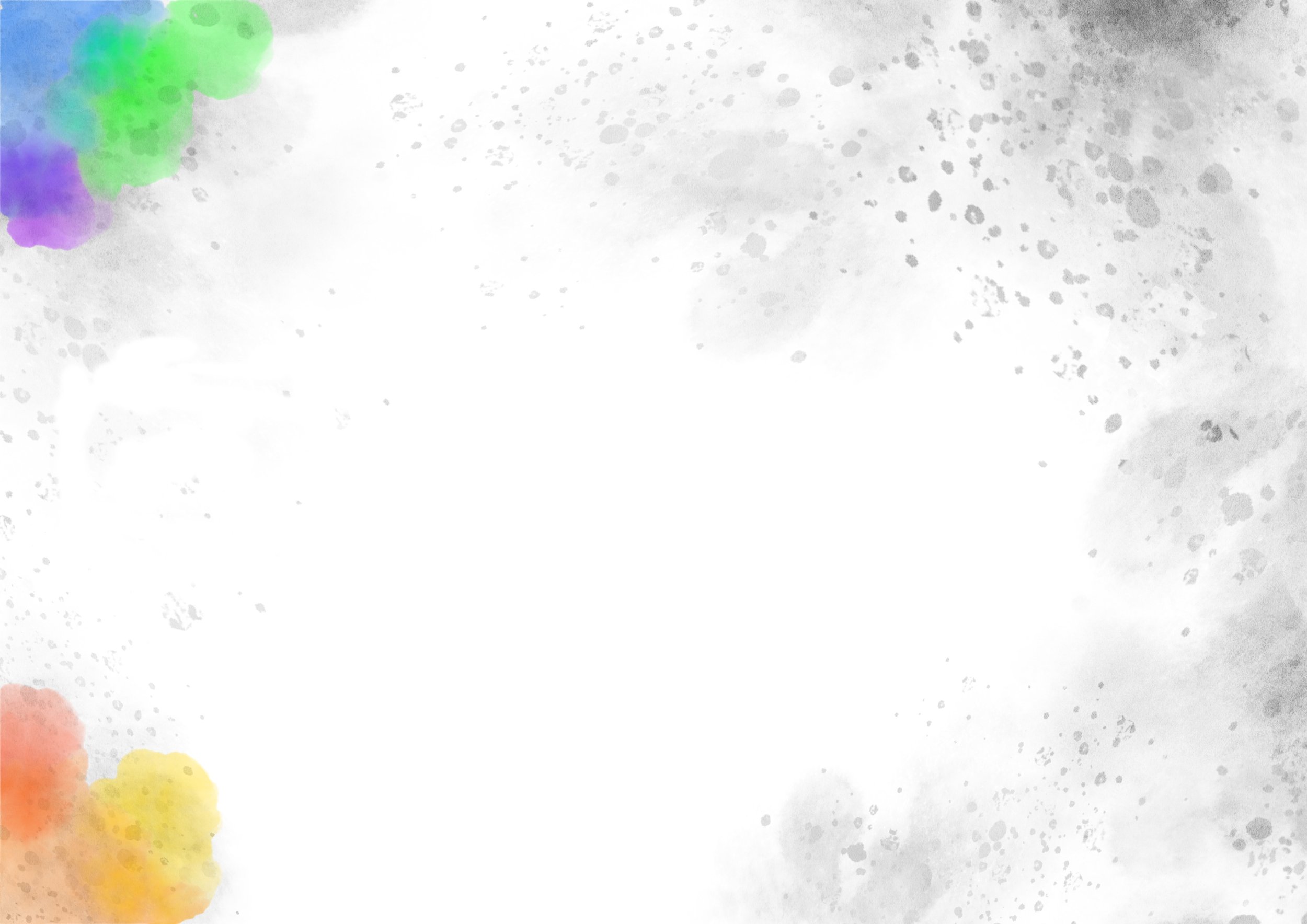
The Project That Started It All: Embracing Neurodivergent Occupations Manuscript
This manuscript is the culmination of my post-professional occupational therapy doctoral research, and entwines my love for disability justice, neurodiversity-affirming literature, and advocacy. This manuscript was a partnership with neurodivergent practitioners, advocates, and scholars from around the world, and I am thrilled to share it with you. Some key highlights:
Outlines how ableism is deeply entrenched within the occupational therapy profession, with an introduction to the first neurodiversity-affirming occupational therapy model (EMPOWER)
Discusses how relying solely on evidence-based practice can contribute to health inequities with an alternative framework
Provides an overview neurodiversity-affirming assessment tools, evaluation components, affirming goals, and occupational therapy services
Converses on models of disablement with a depiction of my favorite model (e.g., hint: it is not the social model of disability)
Describes the health and well-being priorities identified by autistic individuals within occupation-based frameworks
A grading of occupational therapy services by level of neurodiversity-affirming characteristics
Resources for applying neurodiversity-affirming programs and services

Who is Neurodivergent Nexus (so far)?
Bryden Carlson-Giving is a neurodivergent pediatric occupational therapy practitioner with experience in pediatric outpatient and inpatient rehabilitation settings. He is passionate about community-defined evidence practice, mental health promotion, trauma-informed care, and incorporating strengths-based approaches to promote a positive self-identity for his pediatric patients. Bryden’s work includes encouraging a shift away from an impairment-based perspective and returning to strengths-based, occupation-centered practices, with his doctoral work including partnering with neurodivergent practitioners around the globe to create the first neurodiversity-affirming occupational therapy model. He seeks to promote neurodiversity-affirming practices, amplify the voices of the Disability community, and challenge ableism within healthcare and research. From helping individuals discover and embrace their sensory processing differences to collaborating with their family and education team to improve their ability to be neurodiversity-affirming, Bryden aims to maximize his client's quality of life and well-being to support authentic, neurodivergent development.

